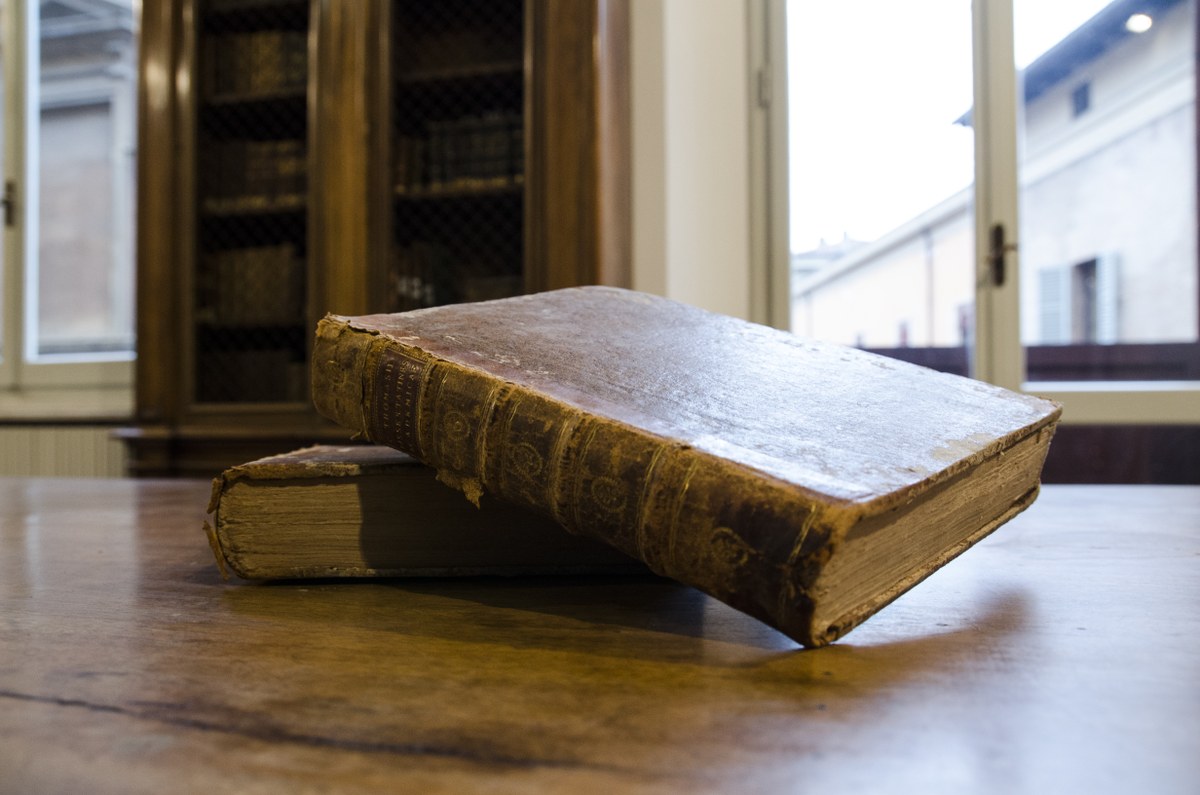- Home
-
PHD Course
Apri sottomenù
- Overview
- Education and Research
- Useful administrative information
- PhD students clycles XLI
- PhD students clycles XL
- PhD students cycles XXXIX
- PhD students cycles XXXVIII
- PhD students cycles XXXVII
- PhD students cycles XXXVI
- PhD students cycles XXXV
- PhD students cycles XXXIV
- PhD students cycles XXXIII
- PhD students cycles XXXII
- PhD students cycles XXXI
- PhD students cycles XXX
- Philosophy and Science Studies
- Semiotics
- Cognitive Sciences
- ACADEMIC BOARD
- Admission Apri sottomenù
- Teaching
- Agenda
- Contacts
Teaching

Doctoral Teaching 2025/26
Highlights
Doctoral Teaching 2025-2026
- Sperimentare nuovi paradigmi di ricerca in scienze cognitive tramite VR ed AI, Disciplinary course (8 hours, 2 CD), Coordinators: Proff. Aldo Gangemi (INFO-01/A; aldo.gangemi@unibo.it), Chiara Lucifora (PSIC-01/A; chiara.lucifora@unibo.it)
- Dalla coscienza all’immaginario storico, Seminar (6 hours, 1 CD), Coordinator: Prof.ssa Raffaella Campaner (PHIL-02/A; raffaella.campaner@unibo.it)
- Temi Echiani, Seminar Series (12 hours, 2 CD), Coordinator: Prof. Claudio Paolucci (PHIL-04/B; c.paolucci@unibo.it)
- Genealogies of Human Rights, Seminar Series (6 hours 1 CD), Coordinator: Prof.ssa Serena Vantin (GIUR-17/A; serena.vantin3@unibo.it)
- Wittgenstein e Platone: filosofia, linguaggio, bene, Seminar Series (6 hours, 1 CD), Coordinator: Prof. Mauro Bonazzi (PHIL-05/B; mauro.bonazzi@unibo.it)
- Fenomenologia e teleologia, Seminar Series (12 hours, 2 CD), Coordinator: Prof. Sebastiano Galanti Grollo (PHIL-01/A; sebastiano.galanti@unibo.it)
- Dopo il rappresentazionalismo - Ciclo di Seminari Almæstethics, Seminar Series (10 hours, 1 CD), Coordinator: Prof.ssa Gioia Laura Iannilli (PHIL-04/A; gioialaura.iannilli2@unibo.itt)
- Science, Technology and Society, Disciplinary course (16 hours, 4 CD), Coordinator: Prof.ssa Annalisa Pelizza (GSPS-06/A; annalisa.pelizza2@unibo.it), Prof. Claudio Coletta (GSPS-06/A; claudio.coletta@unibo.it); Dott.ssa Chiara Loschi (GSPS-06/A; chiara.loschi@unibo.it)
- Seminari di Storia della Scienza OFFISS (Officina di Storia della Scienza), Seminar Series (18 hours, 3 CD), Coordinator: Prof. Gabriele Ferrario (PHIL-02/B; gabriele.ferrario@unibo.it)
- Patrimonio culturale e paesaggistico: un approccio interdisciplinare, Multidisciplinary course (24 hours, 4 CD), Coordinators: Prof. Matteo Martelli (PHIL-02/B; matteo.martelli@unibo.it); Prof. Francesco Mazzucchelli (PHIL-04/B; francesco.mazzucchelli@unibo.it); Prof.ssa Eleonora Caramelli (PHIL-04/A; eleonora.caramelli2@unibo.it)
- Manoscritti & Stampa: una storia materiale e intellettuale, Disciplinary course (12 hours, 3 CD), Coordinator: Prof.ssa Lucia Raggetti (PHIL-02/B; lucia.raggetti@unibo.it)
- Lab meeting del gruppo di ricerca Cognitive Dynamics 4E, Seminar Series (18 hours 3 CD), Coordinator: Prof.ssa Elena Gherri (PSIC-01/A; elena.gherri@unibo.it)
- SeRiC - Seminari delle Ricerche in Corso, Seminar Series (18 hours, 3 CD); Coordinator: Prof.ssa Valentina Petrolini ((PHIL-02/A; valentina.petrolini@unibo.it)
- Conoscenza e cognizione: teorie e applicazioni, Seminar Series (24 hours, 4 CD), Coordinators: Prof. Francesco Bianchini (PHIL-02/A; francesco.bianchini@unibo.it), Yvonne Hütter-Almerigi (GERM-01/B; y.huetter@unibo.it), Valentina Petrolini (PHIL-02/A; valentina.petrolini@unibo.it))